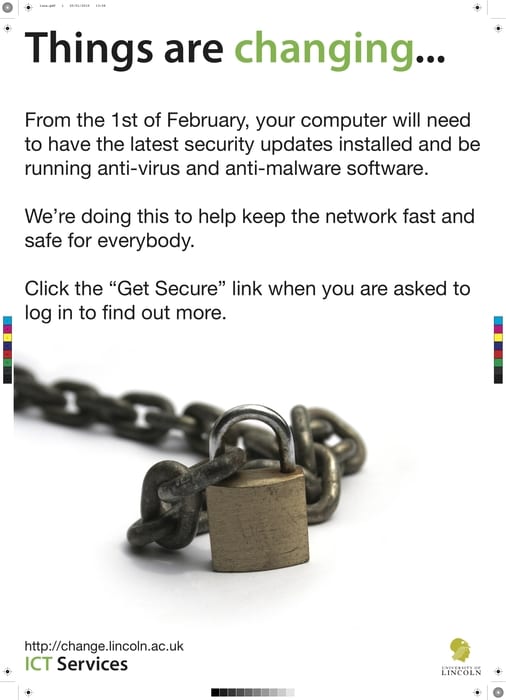Recently we’ve been lining up a few cool things which I want to share. Not massive things, no new services with bells and whistles, not even a shiny new design to look at. No, today’s changes are all about little things which most of people won’t notice, but which makes everyone’s lives a bit easier.
First of all, we’re beginning to push our Get Satisfaction feedback tabs onto more services. These delightful little tabs come in a variety of colours (depending on the service you’re using), but all live on the left hand side of the page and give you a pop-up feedback window from where you can tell us your questions, ideas, problems or praise. The whole thing is smoothly integrated with your University account so there’s no need to register again, and we really do value (and listen to, and reply to) everything we hear. Give it a click if you want to tell us something.
Secondly, we’re acting on some feedback! A few of you (read: a lot of you) have complained about the weird sign in page for our Wi-Fi network which forced you to click the ‘I Accept’ button instead of just hitting enter. You’ll be pleased to hear that we’re changing that, and you should see the results either today or tomorrow.

